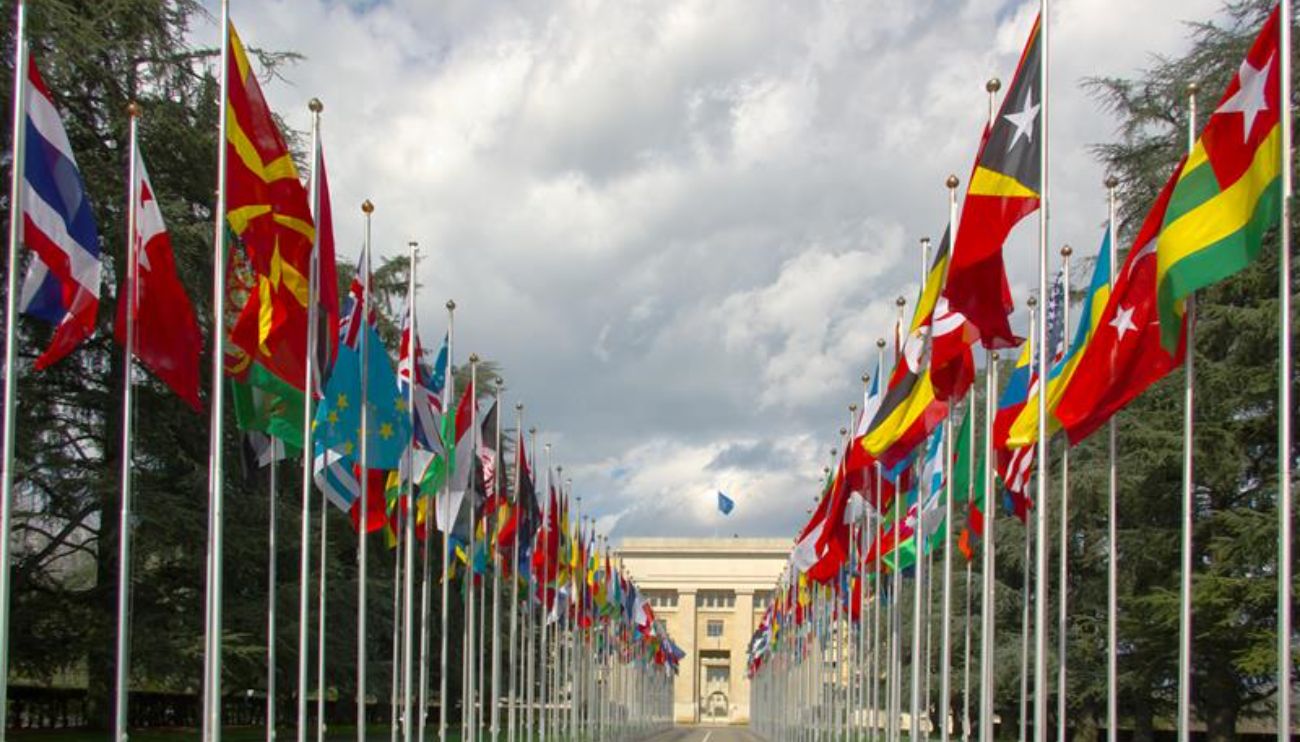Clean energy is vital for addressing climate change and providing power to communities without reliable access to electricity. 685 million people still lack a reliable energy source, undermining health, education and economic development. Moreover, if current trends persist till 2030, 1.8 billion people will rely on unsafe, unhealthy and inefficient cooking methods.
The 26 January 2025 marks the second International Day of Clean Energy, a key milestone to promote access to affordable, dependable, sustainable, and modern energy for all. The 26 January is also the founding date of IRENA in 2009, chosen to reiterate the leading role of the Agency in accelerating the global transition to renewable energy-based systems. In preparation, the United Nations and UN-Energy family hosted a special event to expedite progress on universal energy access.
Opening the celebrations, UN Assistant-Secretary-General for Economic and Social Affairs Navid Hanif stated: “Let us seize this opportunity to ensure that clean energy is no longer a privilege, but a benefit shared by all. Energy is key to addressing the situation and can be of crucial help in advancing sustainable development and accelerating climate action.” He highlighted the importance of universal access, accelerating a just energy transition aligned with a 1.5°C climate goal through ambitious national climate plans and reinforcing global partnerships to ensure no one is left behind.
Clean energy stands at the heart of the 2030 Agenda for Sustainable Development and the Paris Agreement’s climate goals. However, despite advances on Sustainable Development Goal 7 (SDG7) – guaranteeing universal access to affordable, reliable, sustainable, and modern energy by 2030 – progress falls short meet SDG7 targets.
The UN General Assembly President Philemon Yang added that clean energy is pivotal across all three dimensions of sustainable development – economic, social, and environmental – creating jobs, improving livelihoods, and reducing emissions. “We are in a race against time,” he said, calling for substantial financing and faster renewable deployment. “We need bold action to end poverty, tackle climate change, and create a more safe, just, and prosperous world for all.” International public financing for clean energy in developing countries rose to USD 15.4 billion in 2022, a 25% rise from 2021. However, this investment remains geographically constrained, leaving out much of Sub-Saharan Africa, which is home to 567 million people who still lacked access to electricity in 2021. Expanding energy access and advancing renewable energy in developing regions is critical not only to realize SDG7 but also key achieving global targets of tripling renewable energy capacity and doubling of energy efficiency by 2030 as agreed in the UAE Consensus at COP28.
“Decentralised renewables are key. They are cost-effective and rapidly scalable,” emphasised IRENA Director-General Francesco La Camera, addressing attendees in his video remarks, presenting off-grid renewable energy solutions as one of the means to address the existing energy access gap, empowering rural areas. Off-grid renewable power capacity has nearly doubled, from 5.6 GW in 2014 to 11.1 GW in 2023, providing electricity to 155 million people globally by the end of last year. Such systems are particularly critical in remote areas, ensuring reliable and affordable electricity for homes, businesses, and essential services like hospitals.
Growing global energy demands, coupled with energy poverty and worsening climate impacts, highlight the urgency of decarbonizing and electrifying energy systems. In developing countries, insufficient infrastructure, and limited transmission lines hinder electricity access for remote communities.
Participants stressed the need to alleviate debt constraints and boost domestic, concessional, and private investment. This financial influx would enable grid modernisation and expansion, helping meet the energy demands of the developing world. Equally important is fostering partnerships among governments, institutions, and the private sector. International collaboration must ensure access to affordable financing while supporting strong governance and regulatory frameworks that reduce investment risks.
Speakers emphasised that accelerating renewable energy and achieving universal access requires more financing, resources, and firm political will to ensure an equitable transition for all.
Source link
www.irena.org

